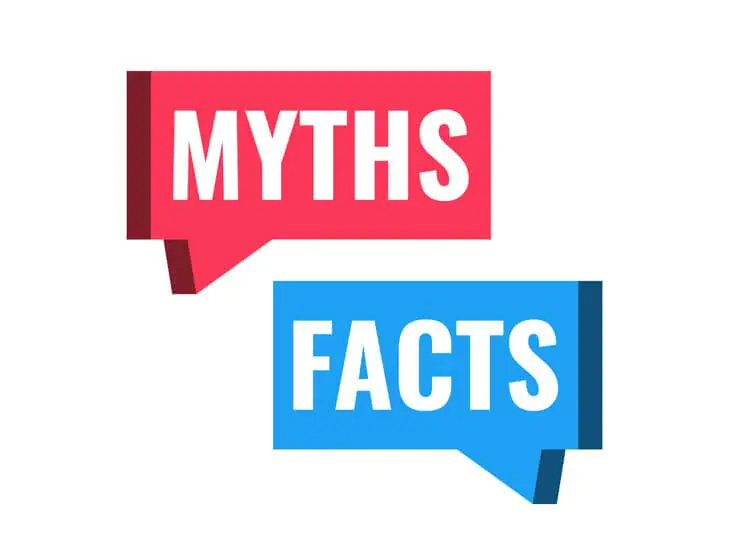What you leave behind is not engraved in stone monuments, but what affects the lives of others. This can be exemplified best with the noble act of eye donation. When you are born with the gift of sight, you are also born with the ability to change lives. Eye donation is an act of donating one’s eyes after death. It is definitely an act of charity, purely for the benefit of the society and is totally voluntary. Corneal blindness can be treated with the donated cornea. There aremillions of corneally blind people in the country. India today meets less than five percent of the demand of corneal transplants. There are around 171 eye banks in the country, but sadly only few are working in thetrue sense. On top of the acute scarcity in comparison to demand, eye donation has also been accused of some myths along the way that are baseless and have been debunked in the light of facts and evidence.Here are some of the common myths: A person with a previous history of cataract or glaucoma cannot pledge his or her eyes for donation. If a person has been operated/treated for the above mentioned conditions, then he or she can be considered for eye donation. If you donate eyes you will be born blind in your next life. This is a great misconception as there is no written evidence in any of the religious books. Old and senile people are not suitable for the act of eye donation. There is no age bar for eye donation. Anyone above one year of age can donate their eyes. Eye donation will leave holes in the place where eyes existed and will cause face disfigurement. Only the cornea of the eye is removed and thus there is no disfigurement of the face in reality. It is a long procedure and takes many hours. The whole procedure takes about 15 to 20 minutes. You can sell your eyes for money/eyes are expensive to buy. Eyes are never bought or sold. It is an act of charity which is totally voluntary. You need to formally pledge your eyes in order to be eligible for donation. Although it is recommended to pledge your eyes, but the family of the deceased can come forward and donate the eyes. If you have spectacles, you cannot donate eyes. You can donate your eyes even if you are a spectacle wearer as it will not cause any hindrance. The act of Eye Donation should be encouraged as it is one of the humblest and best means of social service. Eyes from a dead person can enable two blind persons to get vision. Pledge to donate your eyes today, motivate others to do the same and educate others about eye donation. Pass on the gift of sight to someone who is in dire need of it and let your eyesight live forever through them. *The views expressed here are solely those of the author in his private capacity and do not in any way represent the views of Centre for Sight.





